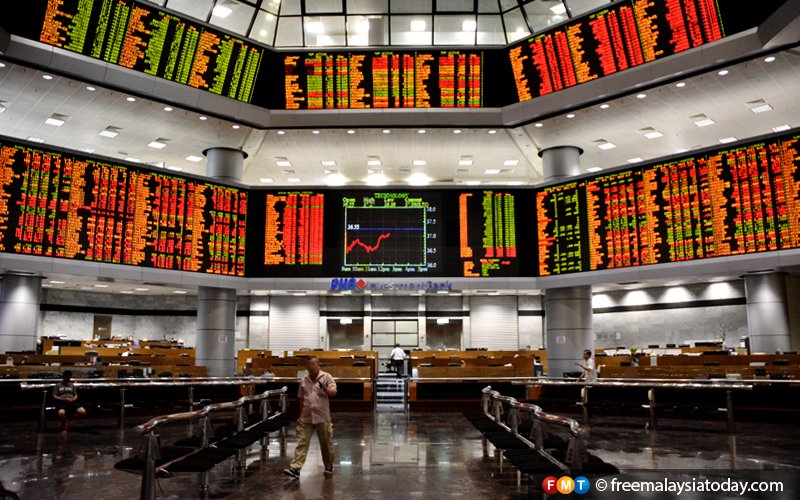Emergency a blessing in disguise for investors?

At the very least, he said, it takes away the uncertainty over whether the government would fall any time soon.
(FMT) – Bursa Malaysia slumped immediately after the announcement of the state of emergency yesterday morning but steadied in the afternoon as reassurances came from the government that it will still be business as usual.
Now, a market analyst is suggesting that the emergency proclamation may turn out to be a good thing for the market, At the very least, he said, it takes away the uncertainty over whether the government would fall any time soon.
This, in turn, will result in better political stability and lead to more investor confidence, said analyst Danny Wong, CEO of Areca Capital Sdn Bhd.
“The impact of the announcement on the market could have been a short-term sentiment issue,” he said.
He was referring to the market falling below the 1,600 level, with 940 counters in the red in mid-morning trade, right after the proclamation of the emergency.
At 11am, the benchmark FTSE Bursa Malaysia KLCI (FBM KLCI) shed 25.34 points to 1591.91.
The index opened 1.41 points lower at 1,615.84 compared with the close of 1,617.25 a day earlier.
“There are different views on the state of emergency. I would think that for this period at least (until the emergency ends on Aug 1), we will not face a change of government,” he said.
Yesterday, the Yang di-Pertuan Agong, Sultan Abdullah Sultan Ahmad Shah, declared a state of emergency to curb the spread of Covid-19.
Sultan Abdullah has consented for the emergency to last until Aug 1 or an earlier date if Covid-19 cases are reduced and stabilised.
Prime Minister Muhyiddin Yassin, in a special address to the nation, said there would be no parliamentary or state assembly meetings until a later date set by the King, while the general election, state elections and by-elections will be put on hold during the emergency.
He added that the 15th general election would only be held once the independent committee formed for the emergency determines that the Covid-19 threat has been overcome and elections are safe to be carried out.
Wong said this would mean less uncertainty for investors. “Investors are a little irrational – they mix up politics with the investment side, leading to some panic selling.”
He said he did not expect the same performance as in the first six months after the earlier movement control order, as the stocks were cheap then.
“Now, the market has bounced back, so it’s not as cheap as before,” he said.
He said investors also felt more confident, expecting herd immunity from the vaccination roll-out that may begin in February or March.
“Many people are also waiting to buy stocks when they believe that there is cash in the portfolio,” he added, arguing that they may be looking to buy now for medium- and longer-term gains in the next one or two years.

